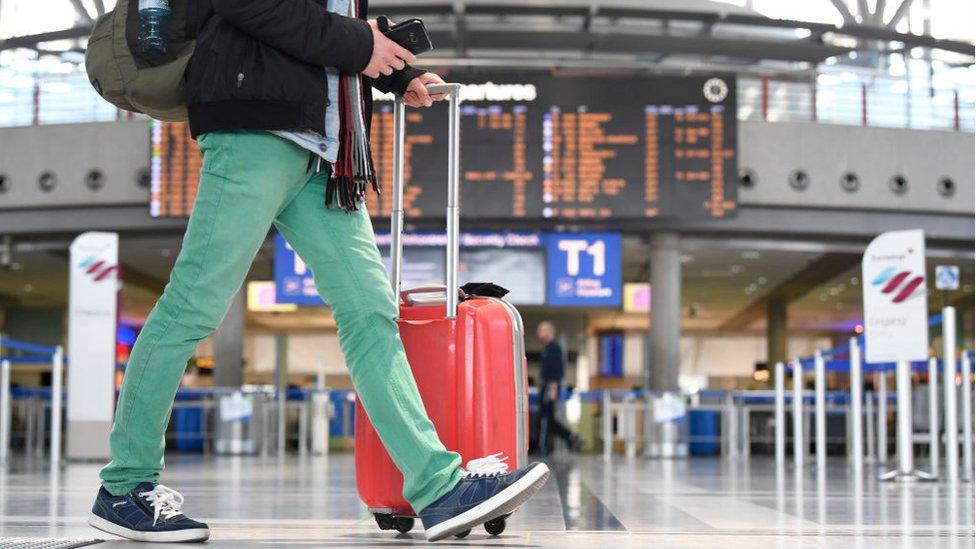Ryanair says passenger numbers set to halve
- Published
- comments
Ryanair CEO Michael O'Leary says quarantine measures are 'laughably ineffective'
Ryanair has said it expects passenger numbers to halve in the current financial year as the coronavirus crisis continues to blight air travel.
The airline said it expected numbers to fall below 80 million, down from its original target of 154 million.
But it said it would weather the pandemic and emerge stronger.
Chief executive Michael O'Leary said Ryanair still planned to ramp up flights in July and said UK government quarantine plans were "idiotic".
The prediction of lower passenger numbers came as Ryanair announced profits of just over €1bn (£894m) for the financial year to the end of March.
The airline's profit was 13% up on the previous year's figure of €885m.
Ryanair is set to cut 3,000 jobs - 15% of its workforce - as it restructures to cope with the coronavirus crisis.

'Difficult' year ahead
Chief executive Michael O'Leary told the BBC's Today programme that Ryanair still intended to restart large numbers of flights from July, despite government plans to introduce a 14-day quarantine for people arriving in the UK, including returning holidaymakers.
Mr O'Leary repeated his criticism of the quarantine plan, saying: "It's idiotic and it's un-implementable. You don't have enough police in the UK."
He said the policy had "no credibility" and predicted that it would be gone by June.
Ryanair said 2021 would be a "difficult" year as it worked hard to return to scheduled flying.
But it said its balance sheet was one of the strongest in the industry, with cash reserves of more than €4bn.
"Unlike many flag carrier competitors, Ryanair will not request or receive state aid," it added.
Ryanair said it could not provide any profit guidance for the current financial year, but it expected to report a loss of more than €200m in the April-to-June period.
"As we look beyond the next year, there will be significant opportunities for Ryanair's low-cost growth model as competitors shrink, fail or are acquired by government bailed-out carriers," it said.

RISK AT WORK: How exposed is your job?
SCHOOLS: When will children be returning?
EXERCISE: What are the guidelines on getting out?
THE R NUMBER: What it means and why it matters
LOOK-UP TOOL: How many cases in your area?

- Published12 May 2020
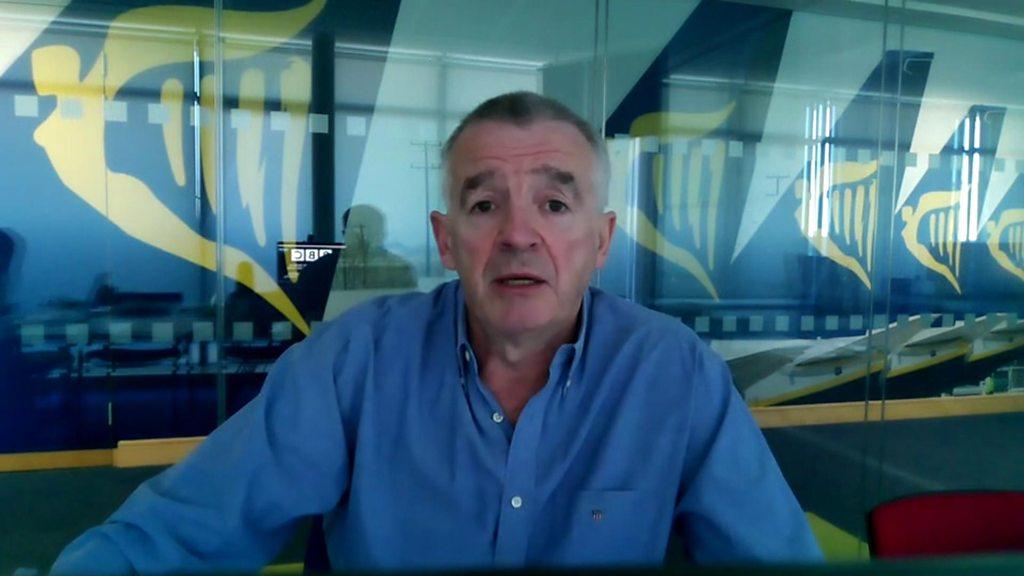
- Published12 May 2020
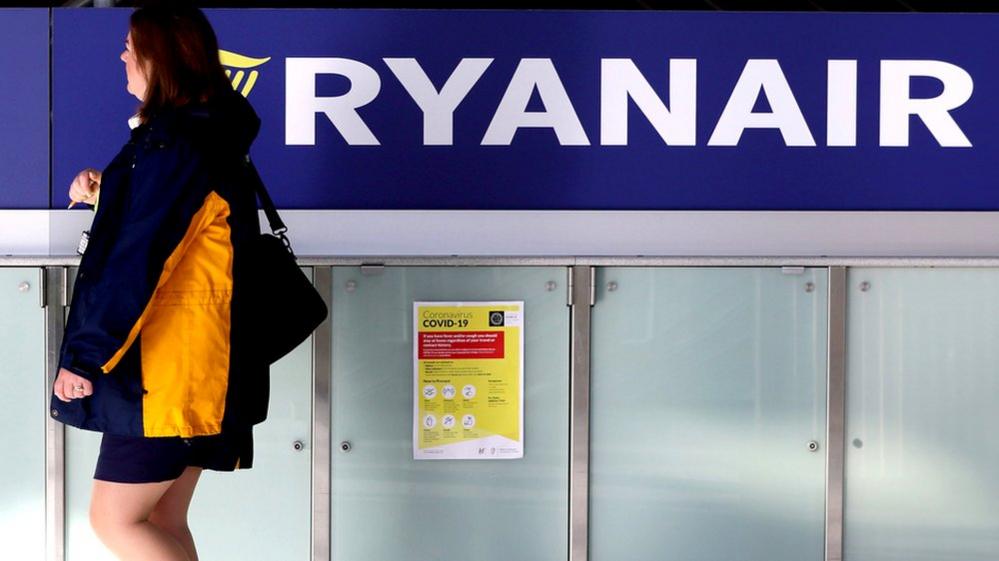
- Published10 May 2020
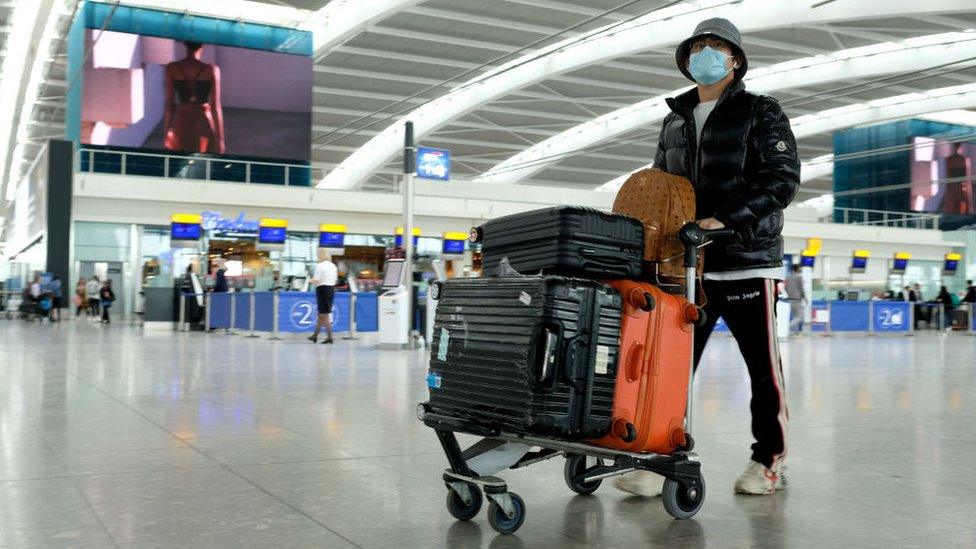
- Published1 May 2020
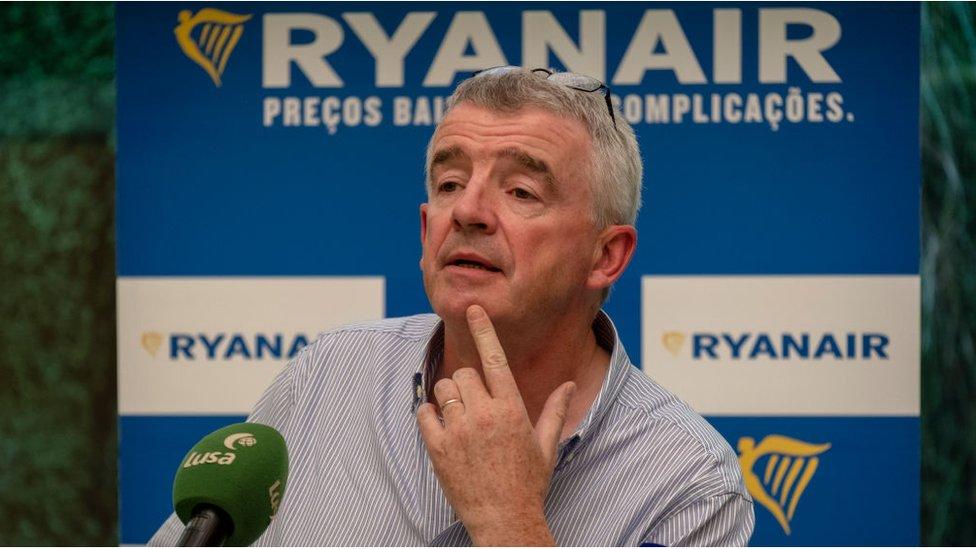
- Published23 April 2020

- Published16 March 2020
